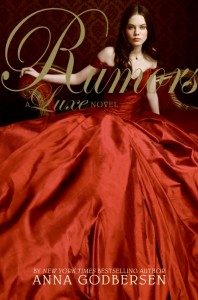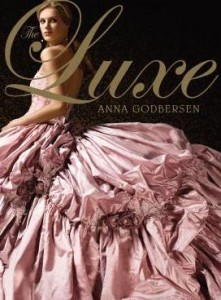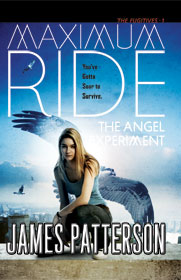I’m nearing the end of my first draft, and it’s everything I can do to just keep pushing through. I want to go back and read it. I want to start editing. I want to fix the plot holes I know are there. I want to make it polished and shiny and perfect. But I know I can’t do these things yet. I know I need to finish before anything else.
A change in perspective
My philosophy on this matter has changed dramatically in the past year. I used to think there was no point continuing on if you knew things needed to be fixed. But then I would get so caught up fixing that I never quite reached the end. I need to show myself that I can complete a first draft first and foremost. Once I know how it is supposed to end (I do have an idea, but everything plays out differently when you put it down on paper), I will know how to go back and spruce it up.
I’m right around 60,000 words right now. Not bad considering I started this one November 1. Ideally my WIP will come in around 90k. But I’m not stressing out. I know there are scenes I need to elaborate on, characters that need to be expanded upon. These things will give me some extra words. So instead of worrying about reaching my word count goal, I’m just worrying about getting to the end, about creating a story with the three essential parts: beginning, middle, and end.
How do you write your first drafts? Do you edit as you go? Do you try to write more words than you need or do you prefer to add instead of subtract in the editing process?







